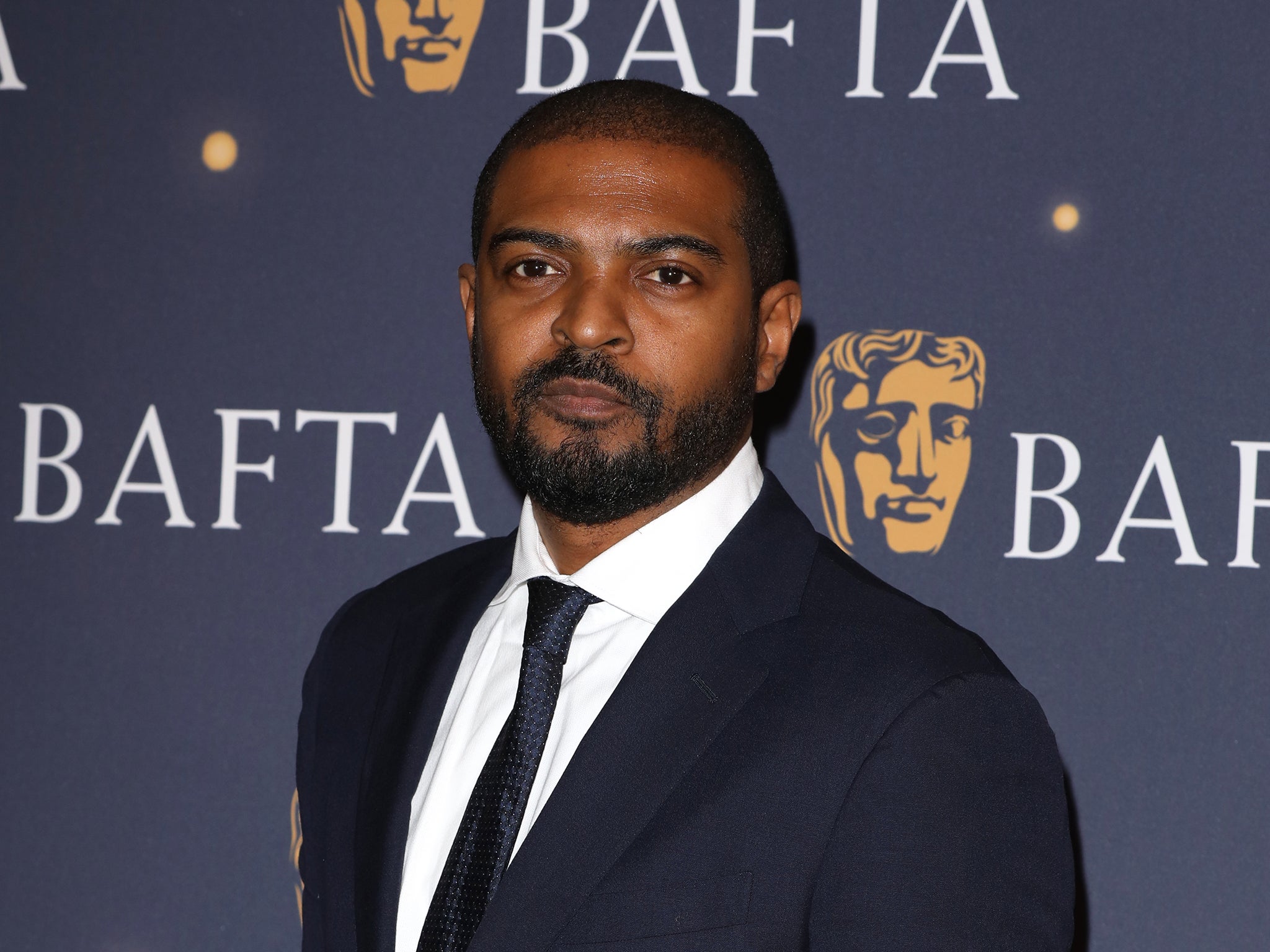Bafta’s inaction over the Noel Clarke allegations shows how little has changed since #MeToo
Noel Clarke has vehemently denied all accusations of sexual harassment, bullying and misconduct made against him by multiple women. But Adam White wants to know why Bafta, who knew of some of the allegations before giving him a prestigious award, didn’t do more to investigate

Earlier this month, Bafta became aware of allegations made against the actor Noel Clarke by a number of women. In a statement to The Guardian, Bafta did not dispute that it had received “anonymous emails and reports of allegations via intermediaries”, but said that “no evidence was provided” that would allow an investigation to take place. The organisation subsequently went ahead with its plans to award Clarke for his “outstanding contribution” to British cinema, with the actor and filmmaker collecting his trophy in a televised ceremony on 10 April.
On Thursday (29 April), 20 women came forward to accuse Clarke of sexual harassment, verbal abuse and bullying, the details of which were published in a Guardian investigation. Some were anonymous, some went on the record with their real names. The allegations include claims that Clarke, best known for his role in Doctor Who and for creating the Kidulthood franchise, secretly filmed auditions where the actors were naked, and threatened the careers of women who rejected his advances. Through his lawyers, Clarke has categorically denied all but one of the allegations published in The Guardian, admitting that he made “inappropriate comments” to a single accuser and later apologised.
“In a 20-year career, I have put inclusivity and diversity at the forefront of my work and never had a complaint made against me,” Clarke said in a statement. “If anyone who has worked with me has ever felt uncomfortable or disrespected, I sincerely apologise. I vehemently deny any sexual misconduct or wrongdoing and intend to defend myself against these false allegations.”
Within minutes of the story breaking, Bafta announced that it was suspending Clarke’s membership of the organisation, along with his Outstanding Contribution to British Cinema award, “immediately and until further notice”. It was something. It was also too late. In my opinion, the industry body’s handling of the allegations up to that point offered an unflattering glimpse into how little has truly changed in the post-#MeToo era.
When Harvey Weinstein’s decades of rape and harassment finally caught up with him in 2017, thanks to dozens of brave women rejecting a culture of silence that had long proliferated in Hollywood, there was a palpable shift. Individuals who had been hurt or victimised by powerful men and women suddenly found that people were eager to listen. Figures in a variety of different industries, whose rumoured misconduct had been whispered about online or in social circles, finally began to be challenged. It’s debatable how far-reaching it all was, particularly for people harmed by those who aren’t incredibly famous and/or newsworthy, but there was still an undeniable global impact.
Bafta’s apparent inaction over those initial Clarke allegations, however, speaks to how precarious all that “progress” is. The accusations were, understandably, a legal minefield. It was The Guardian’s reporters who did the actual investigating and who reached out to Clarke and his lawyers for their response. In any case, though, Bafta had a choice to make about how it was to proceed. It failed spectacularly. Today the people who made that choice have egg on their face, and have no one to blame but themselves.
In a statement to The Guardian, Bafta said it had “encouraged the people who contacted us to report the matter to the appropriate authorities and also engaged an independent victim support expert to provide them with professional advice, and that support remains in place”. It added that it would “take appropriate action” if allegations against Clarke were substantiated.
It takes incredible bravery for people to share their stories, but it also takes a degree of bravery to act upon them. Bafta had an opportunity to pull rank and put Clarke’s award on ice, at least until it could establish with all certainty that there was no truth to those claims. By choosing to put those emails and messages to one side, Bafta seem to have determined that it was “safer” to leave the equally powerful unchallenged and the status quo intact. I think we should be concerned by that. Because when an institution with as much reach and influence and power as Bafta makes that choice, what hope do the rest of us have?
Subscribe to Independent Premium to bookmark this article
Want to bookmark your favourite articles and stories to read or reference later? Start your Independent Premium subscription today.
